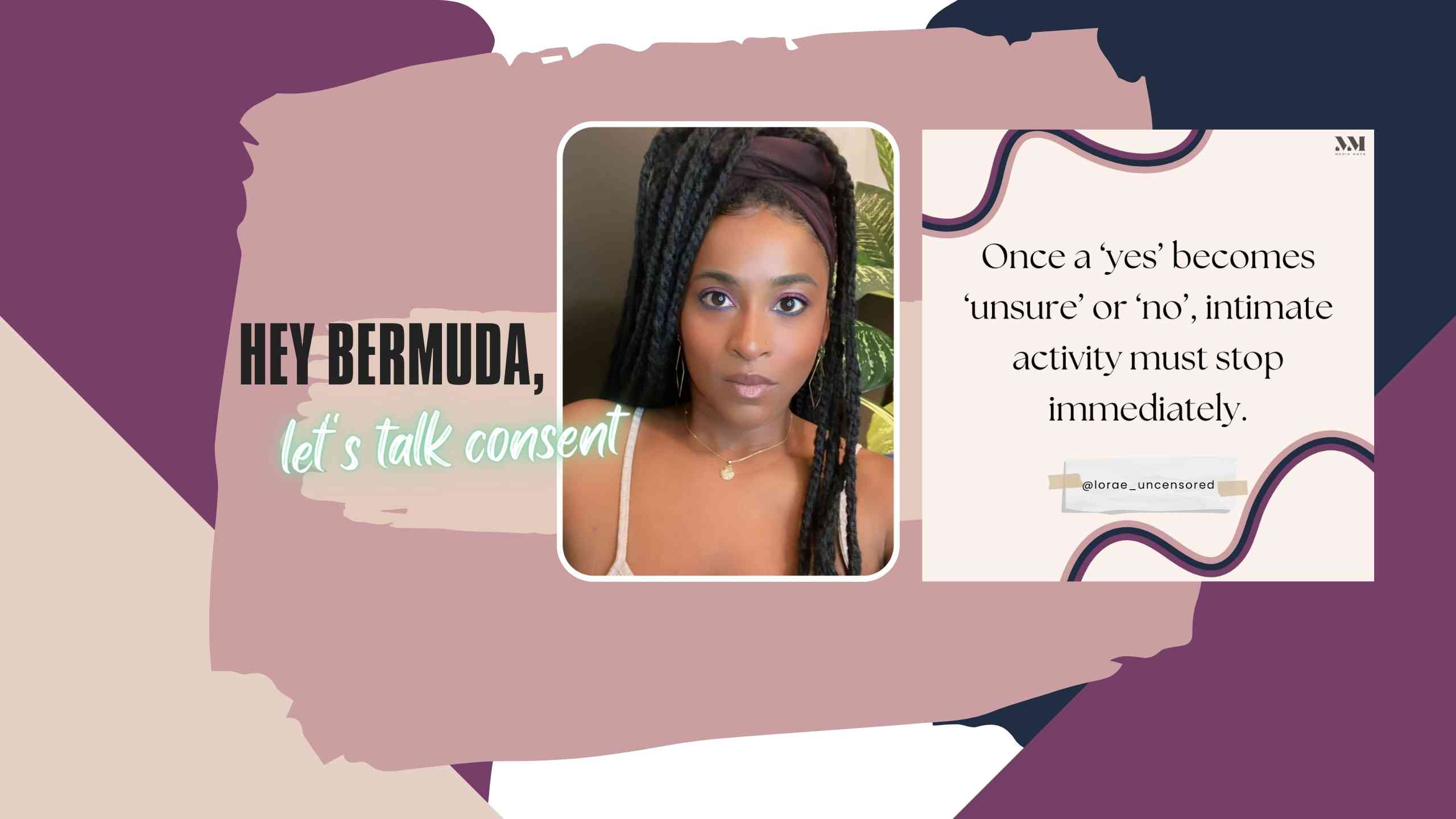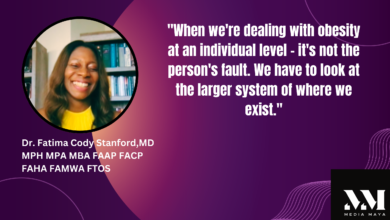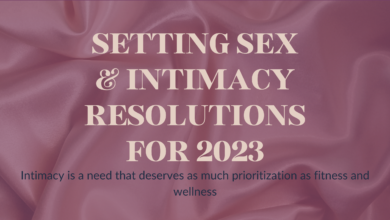
Trigger warning for sexual assault
How many times have you had to explain, ‘no means no’?
A recent social media poll asking Bermudians about their understanding or education on consent revealed that 95 per cent of participants did not remember learning about consent in school and 80 per cent did not learn about consent until adulthood.
In 2020, a report was released which claimed that Bermuda is 5th in the world for reported rape. Although Bermuda’s Commissioner of Police – at the time – Stephen Corbishley explained further that Bermuda’s statistics accounted for all sex crimes. Which does not change the seriousness that we made this world ranking list in the first place.
For such a small community we all know someone who is a survivor of sexual assault, abuse or harassment. If you think you don’t – think again. You may remember the case of the 19 year old man who is now serving time for his sexual involvement with a then 13 year old child. And in connection to that case, the many people who asserted that the problem was “young women who seduce older men for sport”. The case reveals the ignorance on the topic of consent. So let’s define the bounds of consent, so we are all on the same page as a community.
Consent is permission or an agreement given with an enthusiastic ‘YES’ from someone of age and sound mind, that can be withdrawn at any time. It is important to discuss consent, coercion and withdrawn consent often -and in detail- to protect ourselves while respecting the autonomy of those around us.
Last year, revenge porn legislation made it illegal to distribute intimate images or recordings without someone’s knowledge or permission with a potential penalty of up to 5 years in prison. This overdue law underlines the fact that sexual consent is not just limited to our physical body, but also includes things like digital property (such as explicit photos or videos). As a good rule of thumb, delete all explicit media of past partners because past consent does not equal current consent.

Understanding withdrawn consent is important because even a current intimate partner retains the right to change their mind – at any time. There are a number of reasons why someone may decide not to continue with sexual activity and all of them are valid no matter how often permission was previously given. Once a ‘yes’ becomes ‘unsure’ or ‘no’, intimate activity must stop immediately. Furthermore, if someone does not agree to something and you continue to pressure them until they give a reluctant yes, that is coercion and does not equal consent. Just like how a coerced confession is not admissible in court.
Sexual consent involves honesty regarding contraceptives, like the use of condoms or birth control. For example, stealthing is when a partner secretly removes a condom during sex without their partner’s knowledge. Stealthing is sexual assault because the partner only agreed to protected sex. Consent would need to be revisited once the condom or birth control is removed.
Conversations surrounding consent should be introduced early, discussed frequently and with detailed examples. These conversations will help to better arm our community against predators and leave no room for dangerous or violent misunderstandings.
5 Major Takeaways
1: An underage person cannot consent
2: Someone who is intoxicated, asleep, or otherwise incapacitated cannot consent
3: Permission to keep or share explicit media requires continued consent
4: Everyone reserves the right to withdraw consent at any time, for any reason
5: Bermuda needs to discuss consent often and early
5 ways to know if you need to check in for consent
1: Partner is avoiding eye contact or looking away
2: Partner is crying, looking sad or fearful
3: Partner has closed body language such as they are stiff or tense
4: There is no initiation of sexual activity from the partner
5: The partner is pushing you away or shaking their head no
5 ways to ask for consent:
1: “Can I kiss you?”
2: “Is this what you want?”
3: “Would you like it if I ______?”
4: “Are you comfortable with ______?”
5: “I’d really like it if _____. Is that ok?”
To connect with Lorae, visit her linktree






